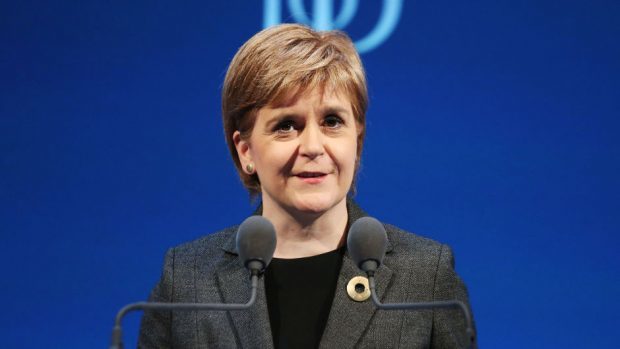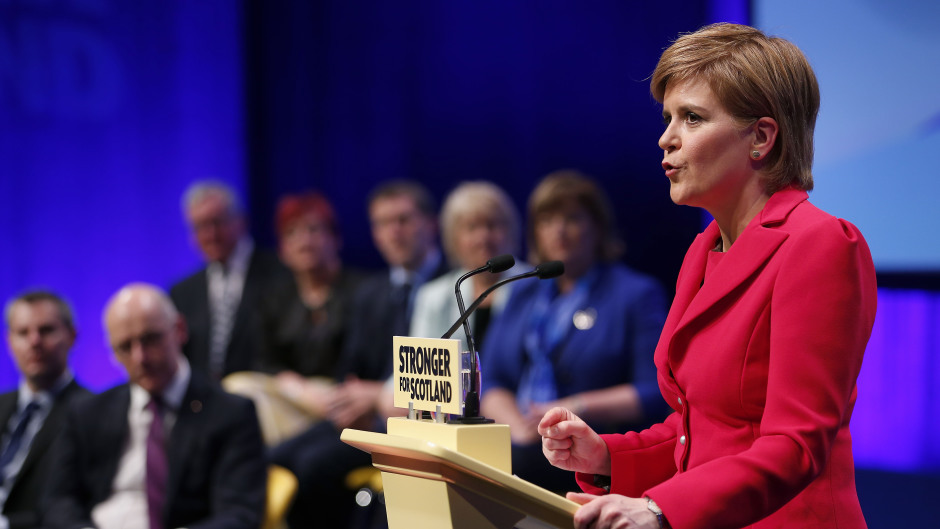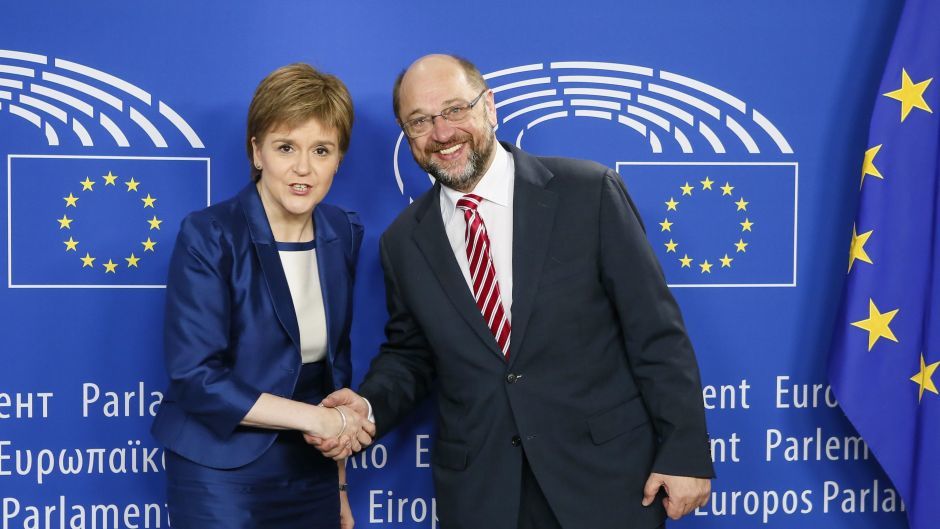A draft Bill for a second referendum on Scottish independence has been published for consultation by the Scottish Government.
First Minister Nicola Sturgeon has said Scots should have the ability to reconsider the issue in light of the vote for Brexit and to do so before the UK leaves the European Union (EU).
Under the proposals it is expected that Scots would be asked the same question posed in 2014: “Should Scotland be an independent country?”
The document, published online, also sets out plans for a second poll to be decided by a simple majority as was the case two years ago when 55% of Scots voted to stay in the United Kingdom and 45% opted for independence.
The consultation also proposes the same franchise as in 2014, which would see EU citizens living in Scotland and 16 and 17-year-olds able to vote.
It states that an order similar to that drawn up by Westminster and the Scottish Parliament that allowed the 2014 vote take place “would be sought and agreed”.
The consultation says: “The decision on Scotland’s future should be taken through a process that is beyond reproach.
“The Scottish Government is committed to ensuring that the highest standards of fairness, transparency and propriety are maintained.”
The First Minister, in the foreword to the consultation document, said that the SNP has been elected on a “clear mandate” that Holyrood should have the right to hold a referendum, if there was a “significant and material change in circumstances” to 2014 such as Scotland being taken out of the EU against its will.
She added: “Scotland is now faced with one of the specific scenarios in which this government pledged that the Scottish Parliament should have the right to hold an independence referendum.
“The UK Government’s recent statements on its approach to leaving the EU raise serious concerns for the Scottish Government. We face unacceptable risks to our democratic, economic and social interests and to the right of the Scottish Parliament to have its say.
“Indeed those statements contradict the assurances given before the independence referendum in 2014 that Scotland is an equal partner within the UK and that a vote against independence would secure our EU membership.
“For many people, this approach will be evidence of a wider democratic deficit within the UK, where decisions about Scotland are too often taken against the wishes of people who live here.”
She added: “This government remains willing to work with the UK Government to negotiate a future relationship with Europe that is in line with the views of the overwhelming majority of the Scottish people and which works for the United Kingdom as a whole.
“We will put forward constructive proposals that will both protect Scotland’s interests and give an opportunity for the UK Government to demonstrate that Scotland is indeed an equal partner.
“But if it becomes clear that it is only through independence that Scotland’s interests can be protected, then the people of Scotland must have the ability to reconsider that question, and to do so before the UK leaves the EU.”


